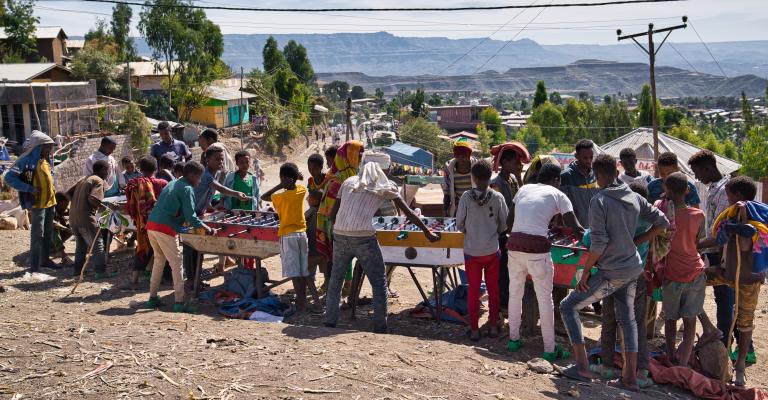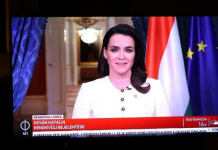Ethiopia’s Approach to Gay Sexual Activity in Public Spaces Sparks Concern
Ethiopia has recently made headlines due to its intensified crackdown on gay sexual activity occurring within hotels, bars, and restaurants. While same-sex relations are already prohibited by law in the country, concerns have been raised over the increased targeting of public spaces where such activities are alleged to take place. The capital city, Addis Ababa, has witnessed security forces taking action to address this issue, prompting discussions on the human rights implications of such measures.
Although Ethiopia maintains a legal stance against gay sex, there have been no recent reports of convictions related to consensual same-sex encounters. Nonetheless, the crackdown on establishments suspected of hosting such activities has sparked controversy. The Addis Ababa Peace and Security Administration Bureau, a government entity, has initiated efforts to identify and address locations where homosexual acts are believed to occur. These actions have been triggered by tips from the public and have already led to the raid of a guest house.
The government’s response has stirred discussions within the LGBTQ community and human rights circles. The approach has led to broader conversations about the challenges faced by LGBTQ individuals in Ethiopia. Members of this community often remain concealed due to concerns over discrimination, violence, and social exclusion if their sexual orientation or gender identity becomes known.

While Ethiopia’s legal framework prohibits gay sexual activity, the recent focus on eradicating such activities from public spaces has garnered attention and raised questions about the wider impact. Critics argue that this intensified crackdown perpetuates a climate of fear and intolerance, further alienating an already marginalized community.
This development in Ethiopia’s approach comes at a time when several other African countries are taking similar steps to enforce anti-LGBTQ laws more stringently. Instances of stricter legislation and harsher sentences have emerged, as evidenced by recent changes in countries like Ghana and Uganda.
In contrast to the legal restrictions and official actions, advocacy groups like the House of Guramayle have condemned the escalating attacks on individuals based on their sexual orientation and gender identity. These groups stress the importance of upholding human rights and fostering a climate of inclusivity and respect.
As discussions unfold about Ethiopia’s crackdown on gay sexual activity in public spaces, the larger conversation extends to the challenges faced by LGBTQ individuals across the country. The balance between upholding legal standards and ensuring the protection of human rights remains a topic of ongoing concern.



